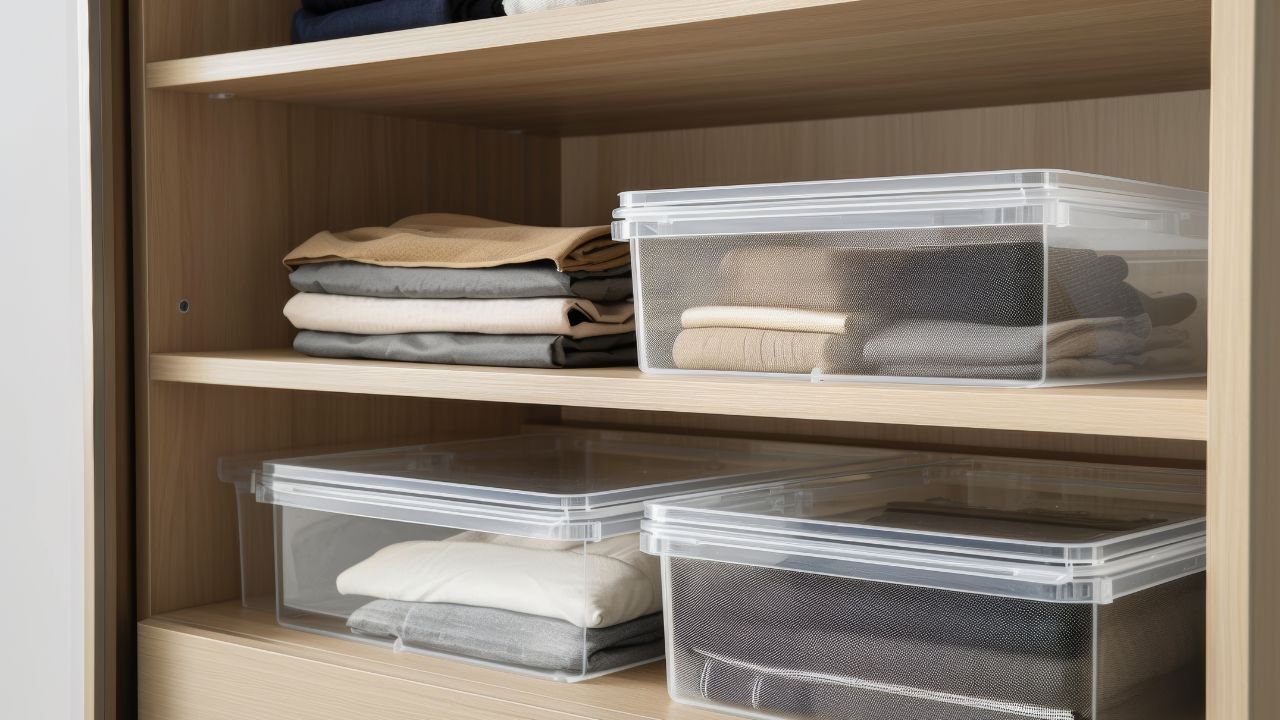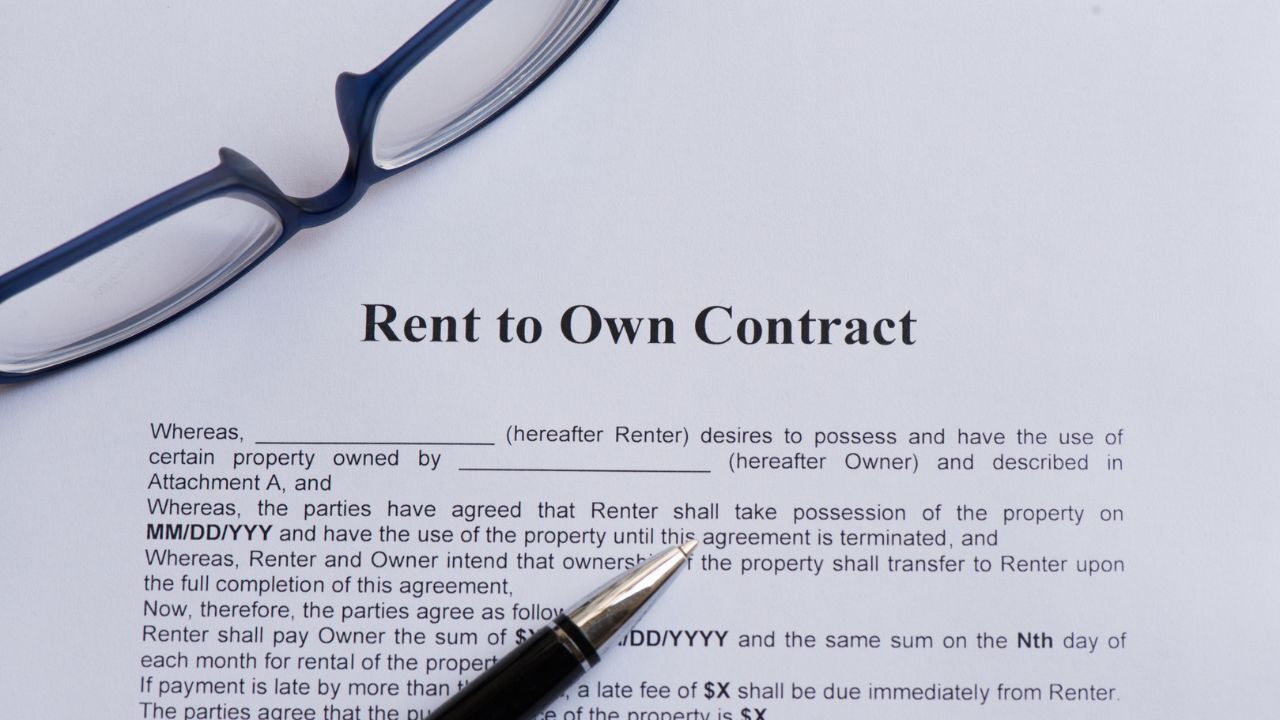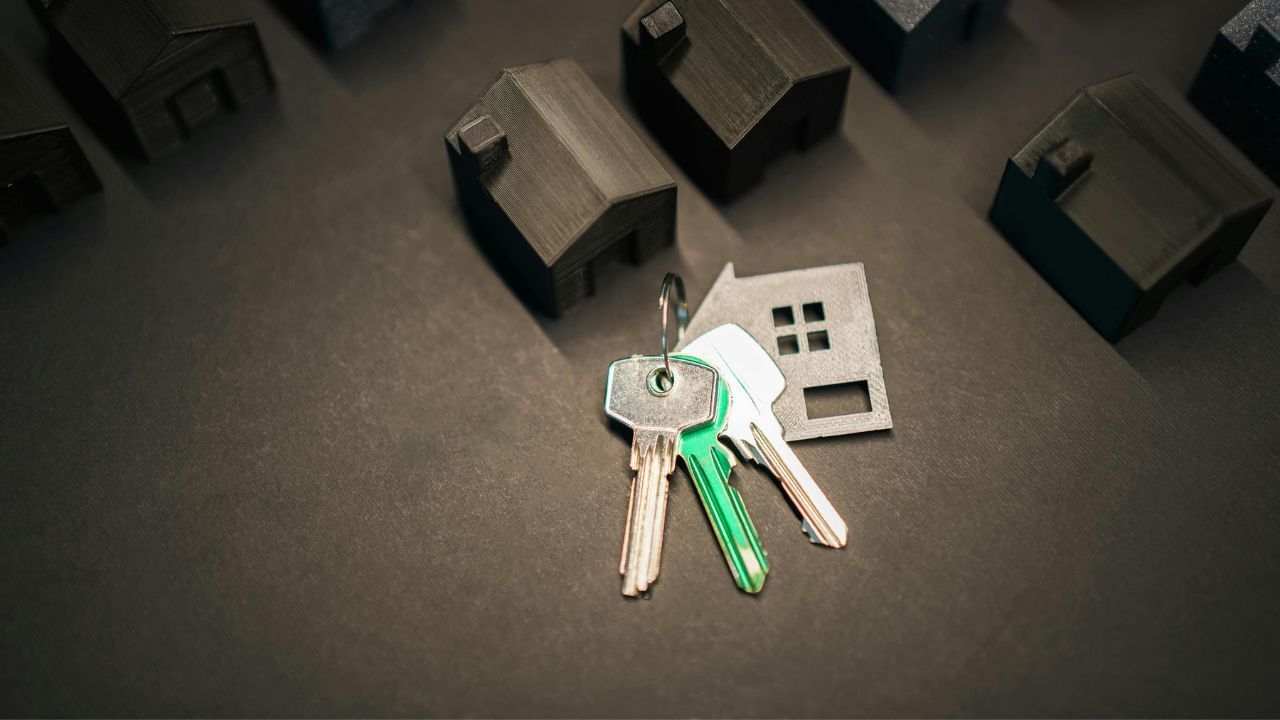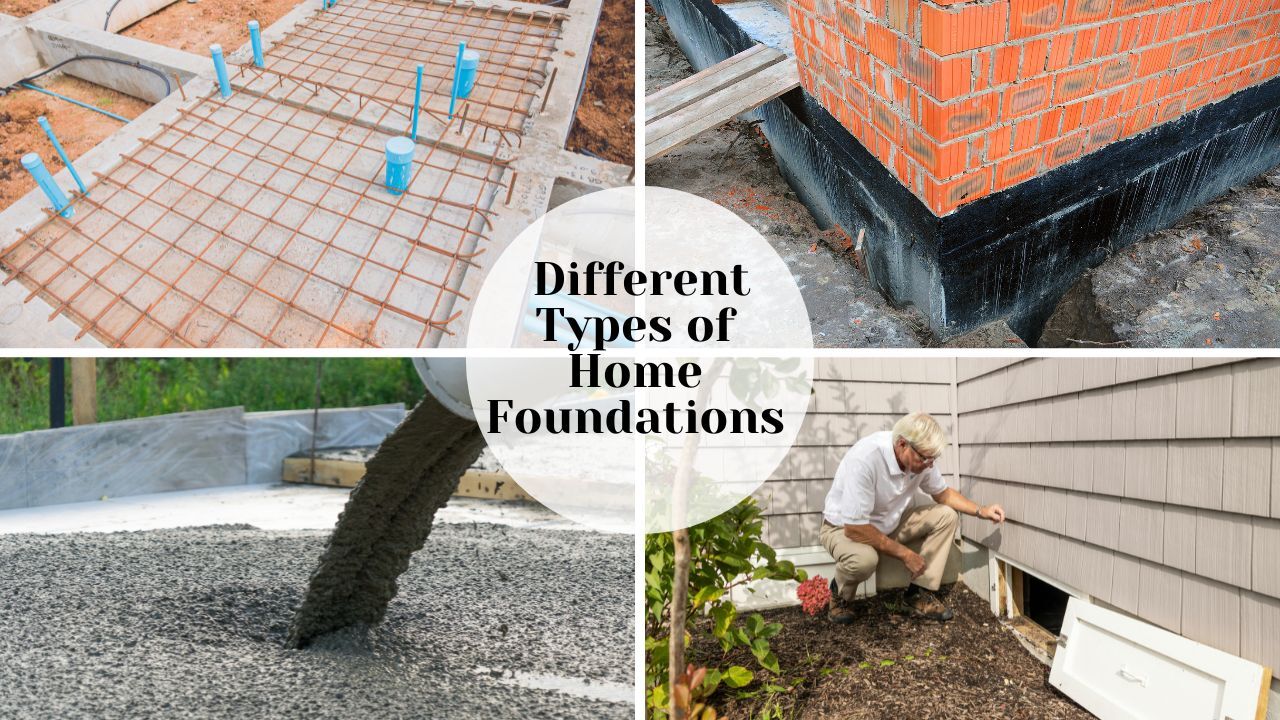 Buying a home is exciting, but the language of real estate can feel overwhelming if you are new to the process. Many buyers hear unfamiliar terms at showings, in listings, or during conversations with lenders. Understanding this language gives you more confidence and helps you make informed decisions as you move through your home search.
Buying a home is exciting, but the language of real estate can feel overwhelming if you are new to the process. Many buyers hear unfamiliar terms at showings, in listings, or during conversations with lenders. Understanding this language gives you more confidence and helps you make informed decisions as you move through your home search.
What Real Estate Terms Really Mean
Real estate has its own vocabulary, and many of the words describe common parts of the process. Learning these terms makes it easier to understand contracts, compare homes, and communicate with your real estate agent. You do not need to become an expert, but understanding the basics gives you a strong advantage.
Listing Price
This is the price a seller chooses when they place the home for sale. It is a starting point, not a final number. Homes can sell for more or less depending on demand, condition, and market trends. Knowing this helps you understand how competitive an area may be.
Contingencies
A contingency is a condition that must be met for the sale to move forward. Common examples include the home inspection contingency and the financing contingency. These conditions protect you by giving you time to verify that the home and your loan both meet your expectations.
Earnest Money Deposit
This is a payment you make when your offer is accepted. It shows the seller you are serious about buying the home. The money is held safely and later applied to your closing costs or down payment. If you follow the terms of your contract, the deposit stays protected.
Appraisal
An appraisal is a professional report that estimates the value of the home. Lenders require this to confirm that the home is worth the amount you are borrowing. The appraisal helps ensure that you are making a smart financial decision and protects both you and the lender.
Closing Costs
These are the fees connected to finalizing your home purchase. They may include lender fees, title services, and pre-paid items. Understanding your closing costs early helps you plan your total budget with confidence.
Why Real Estate Terms Matter
Knowing these terms helps you feel prepared, ask the right questions, and avoid surprises. As your real estate agent, my goal is to make the process clear, calm, and manageable from beginning to end.

 Some homes make people feel comfortable the moment they walk through the door. Even without saying a word, space communicates warmth, calmness, and connection. There is real science behind this reaction and understanding it can help sellers create a more appealing experience for potential buyers.
Some homes make people feel comfortable the moment they walk through the door. Even without saying a word, space communicates warmth, calmness, and connection. There is real science behind this reaction and understanding it can help sellers create a more appealing experience for potential buyers. Today is a moment to pause and reflect on the people who make this work truly meaningful. As a real estate agent, I am grateful for every individual and every family who has allowed me to be part of their home journey. Whether we have worked together in the past, are connected right now, or will meet in the future, your trust means more than you know.
Today is a moment to pause and reflect on the people who make this work truly meaningful. As a real estate agent, I am grateful for every individual and every family who has allowed me to be part of their home journey. Whether we have worked together in the past, are connected right now, or will meet in the future, your trust means more than you know. Selling a home that has limited storage space can feel challenging, but with the right strategy, you can highlight the home’s strengths and help buyers focus on possibility rather than limitations. With thoughtful preparation and clear presentation, even a small-space property can make a strong impression.
Selling a home that has limited storage space can feel challenging, but with the right strategy, you can highlight the home’s strengths and help buyers focus on possibility rather than limitations. With thoughtful preparation and clear presentation, even a small-space property can make a strong impression. Selling a home through a rent-to-own agreement can create a flexible path for both sellers and future buyers. This arrangement allows a tenant to live in the home while preparing to purchase it later, giving the seller steady income and a committed future buyer.
Selling a home through a rent-to-own agreement can create a flexible path for both sellers and future buyers. This arrangement allows a tenant to live in the home while preparing to purchase it later, giving the seller steady income and a committed future buyer.
 A home can look beautiful on the surface, but a past flooding event can create long term challenges that buyers need to understand. If you are considering a property with any history of water intrusion, taking time to learn the risks can protect your safety, your finances and your peace of mind.
A home can look beautiful on the surface, but a past flooding event can create long term challenges that buyers need to understand. If you are considering a property with any history of water intrusion, taking time to learn the risks can protect your safety, your finances and your peace of mind. Selling a home can feel emotional and overwhelming, especially when financial pressures make it difficult to keep up with payments. For some homeowners, a short sale becomes a realistic path toward a fresh start. If you are exploring this option, understanding how the process works can help you move forward with confidence.
Selling a home can feel emotional and overwhelming, especially when financial pressures make it difficult to keep up with payments. For some homeowners, a short sale becomes a realistic path toward a fresh start. If you are exploring this option, understanding how the process works can help you move forward with confidence. When buying or selling a home, the foundation is one of the most important yet overlooked elements. It supports the structure, affects durability, and can influence everything from comfort to resale value. As a real estate agent, I often remind clients that understanding the type and condition of a home’s foundation can help them make informed choices and avoid costly surprises later on.
When buying or selling a home, the foundation is one of the most important yet overlooked elements. It supports the structure, affects durability, and can influence everything from comfort to resale value. As a real estate agent, I often remind clients that understanding the type and condition of a home’s foundation can help them make informed choices and avoid costly surprises later on.